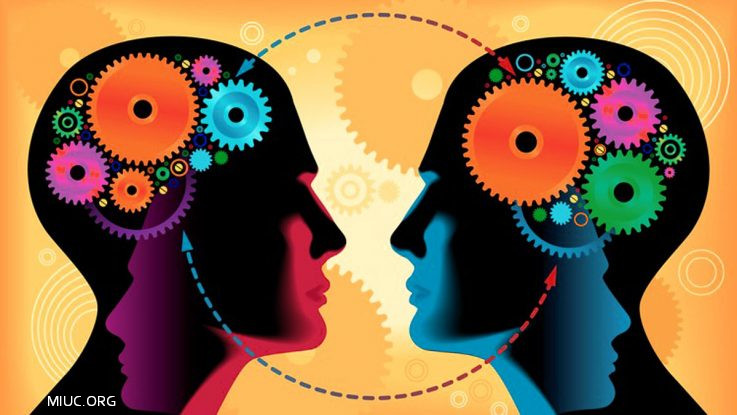What does choosing to stay at a five-star hotel and your friends making you join a line dancing class have in common? They are both forms of social proof.
Understanding the concept of social proof is valuable since businesses leverage it heavily for marketing. For instance, the influencer market was valued at a record $13.8 billion in 2021.
Let’s explore how the marriage of psychology and statistics results in an effective marketing tool.
Highlights:
- Another term for social proof is normative social influence and refers to someone adjusting their behavior to gain social approval or because they think the majority knows best.
- Types of social proof include expert, user, celebrity, and certification.
- “Wisdom of the crowd” and “wisdom of your friends” are also types of social proof.
What is social proof?
There is a branch of psychology called social psychology. Simply Psychology defines this field as the scientific study of how interactions with others shape a person’s thoughts, beliefs, feelings, and even goals.
It’s within this area that social proof lives.
Another term for social proof is normative social influence and refers to someone adjusting their behavior to gain social approval or because they think the majority knows best.
An experiment in social psychology
Dr. Solomon Asch conducted a fascinating study in 1951 to confirm this aspect of human behavior. Asch placed eight participants in a room and gave them the following pictures:
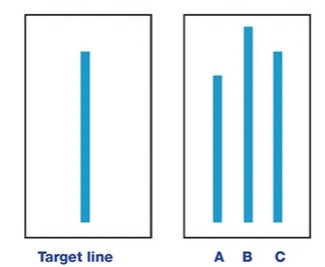
Image source: https://www.simplypsychology.org/asch-conformity.html
The participants were in a line, and each person said aloud if A, B, or C most closely matched the target line. There was an obvious correct answer. Seven of the participants were accomplices of Dr. Asch and agreed to give the same wrong answer. The test subject was at the end of the line and gave their response last. Dr. Asch repeated the experiment 12 times in this manner, then six times when the accomplices gave the correct answer. There was also a control group with eight actual test subjects.
Of the times where the accomplices gave the wrong answer, 75% of the subjects also gave the wrong answer. In the control group, less than 1% of the subjects gave the wrong answer. When asked why they gave an incorrect answer, most participants acknowledged their fear of being mocked for providing a different response. As a result, the experiment demonstrated the power of normative social influence.
Social proof – an illustration
An example of social proof is when a couple goes out to eat at a restaurant. They walk down a street, looking at the different spots and decide to go into one restaurant because it’s full of people. When they sit down, the man looks at the waitress and asks her what she recommends from the menu. That’s two instances of social proof, and the couple hasn’t even started eating yet.
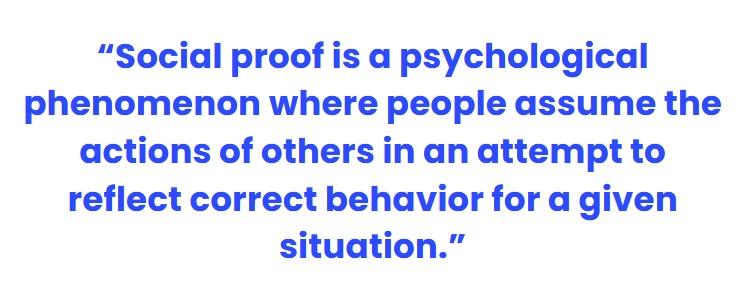
Image source: https://buffer.com/library/social-proof/
Statistical examples
- A customer looks at a hotel online and sees the message “42 bookings in the last 24 hours”. Seeing that a considerate amount of people already booked with the hotel recently reassures the customer of the caliber of the lodging and may even induce a particular urgency to book.
- There is a commercial that states, “nine out of ten dentists recommend Acme toothpaste.” The quote is an example of expert social proof, where a professional in the industry recommends the product.
- You see whole bean coffee on Amazon with 4.6 out of five stars from close to 50,000 reviewers. Online reviews are an instance of user social proof, where people with experience with the product or service provide positive feedback.
- On Twitter, you see that the New York Times has 51 million followers, so you start to follow that news organization. Here is an example of “wisdom of the crowd,” where many people approve of a brand.
- You grab Chinese food from a place with an A rating from the Department of Health, an example of certification social proof.
Non-statistical examples
In addition to the above, there are a couple of examples of social proof that don’t involve statistics.
- A commercial depicts an Olympic gold medalist eating from a particular cereal brand, demonstrating celebrity social proof.
- Your friend tells you how awesome their new hairstylist is, and you go to his shop for a haircut. That is an instance of the “wisdom of your friends.”
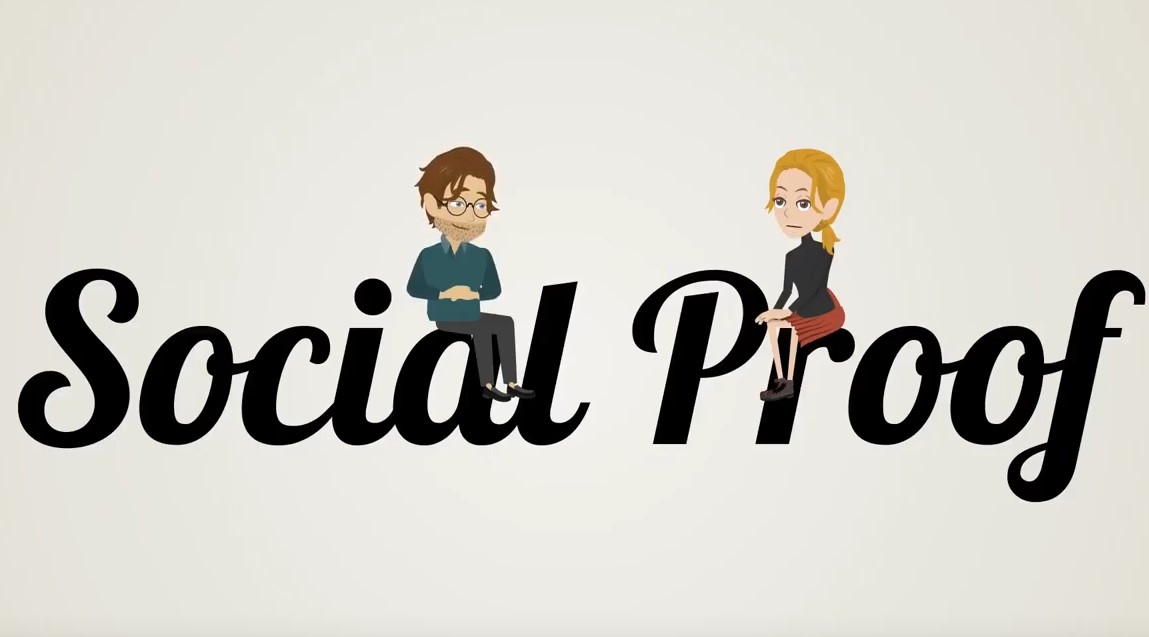
Does social proof marketing work?
Yes, it does.
Here are some statistics to ponder:
- 89% of global consumers check online reviews as part of their online buying journey, and 49% of global consumers consider positive reviews one of their top 3 purchase influences. (Source: Trustpilot)
- Social media is the #1 channel used in marketing in 2021. (Source: HubSpot)
- Almost all companies surveyed in 2021 (91%) use customer feedback to make decisions. (Source: HubSpot)
- 87% of consumers read online reviews for local businesses in 2020. (Source: BrightLocal)
- 62% of companies planned to increase influencer marketing spending in 2021 (Source: Influencer Marketing Hub)
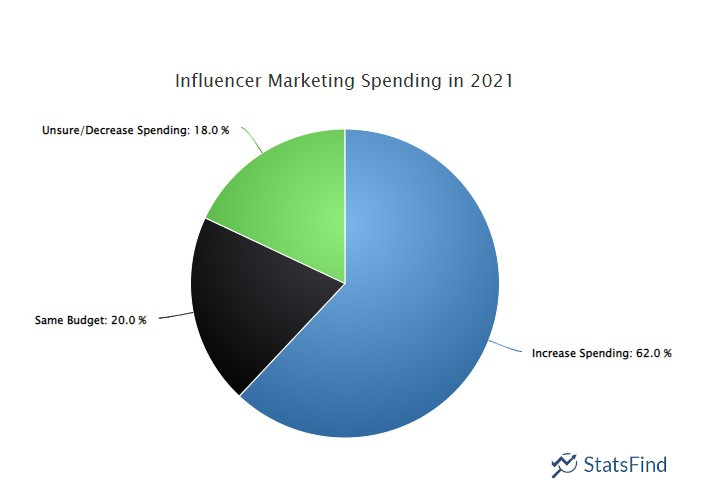
Did you enjoy learning about social proof?
Did you enjoy this overview of social proof? StatsFind regularly publishes articles on statistics, trending topics, and events throughout history that pique interest.
